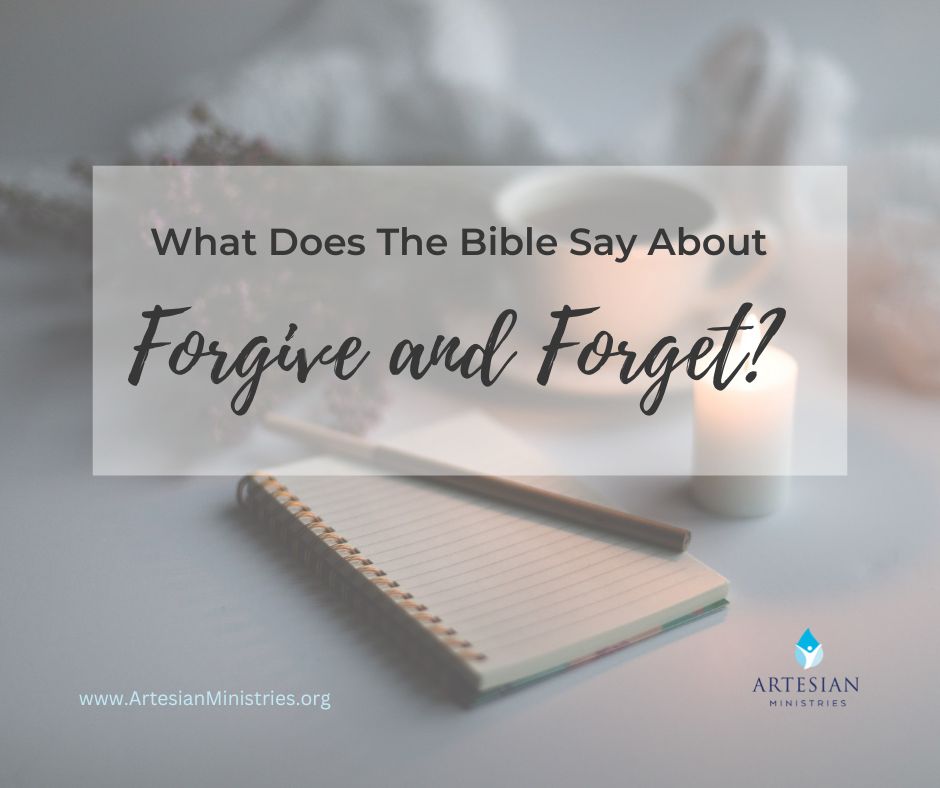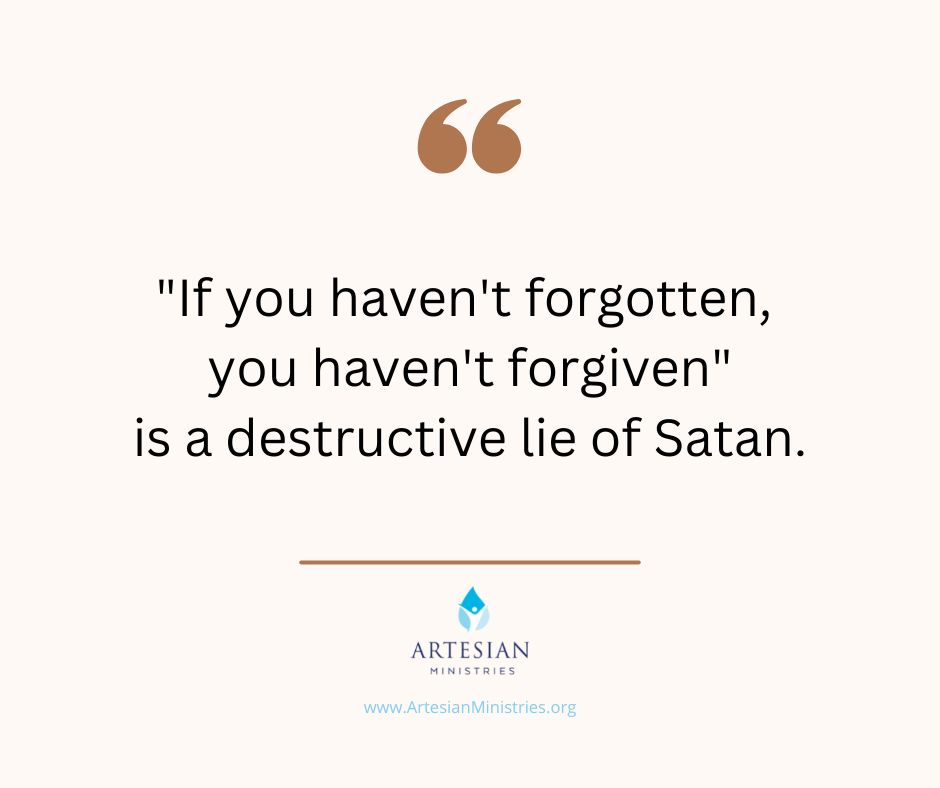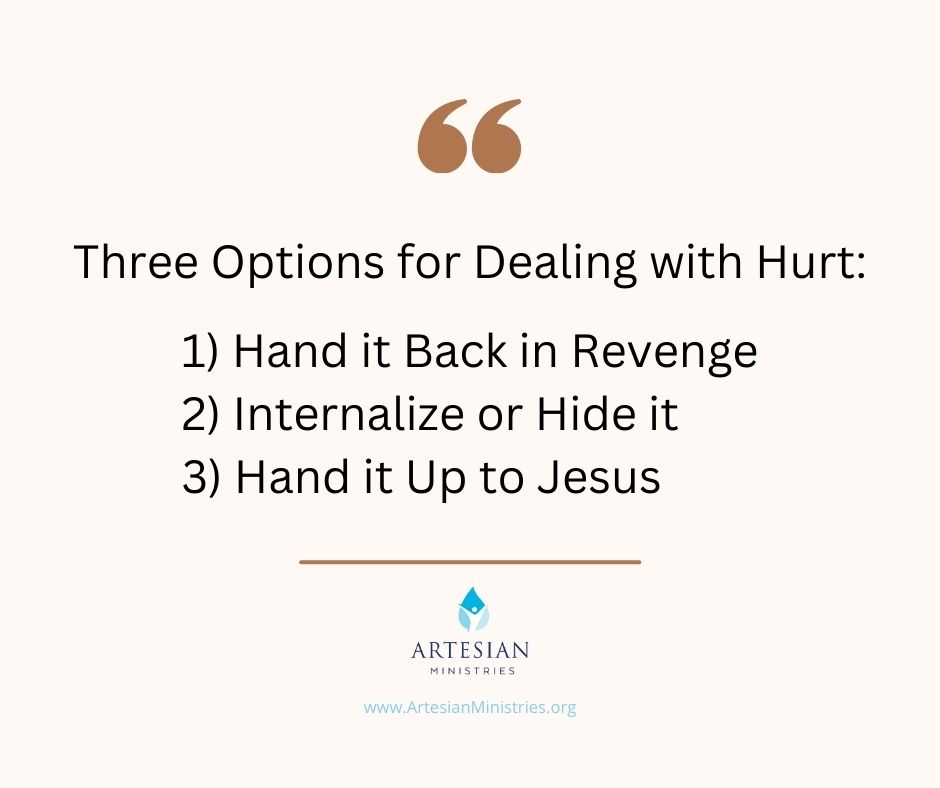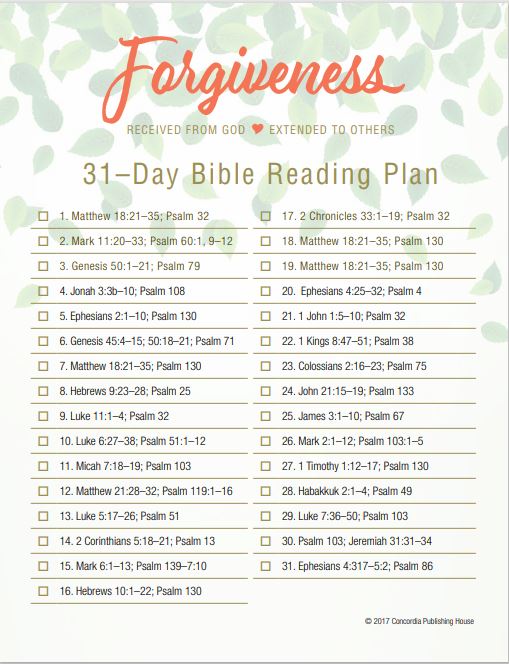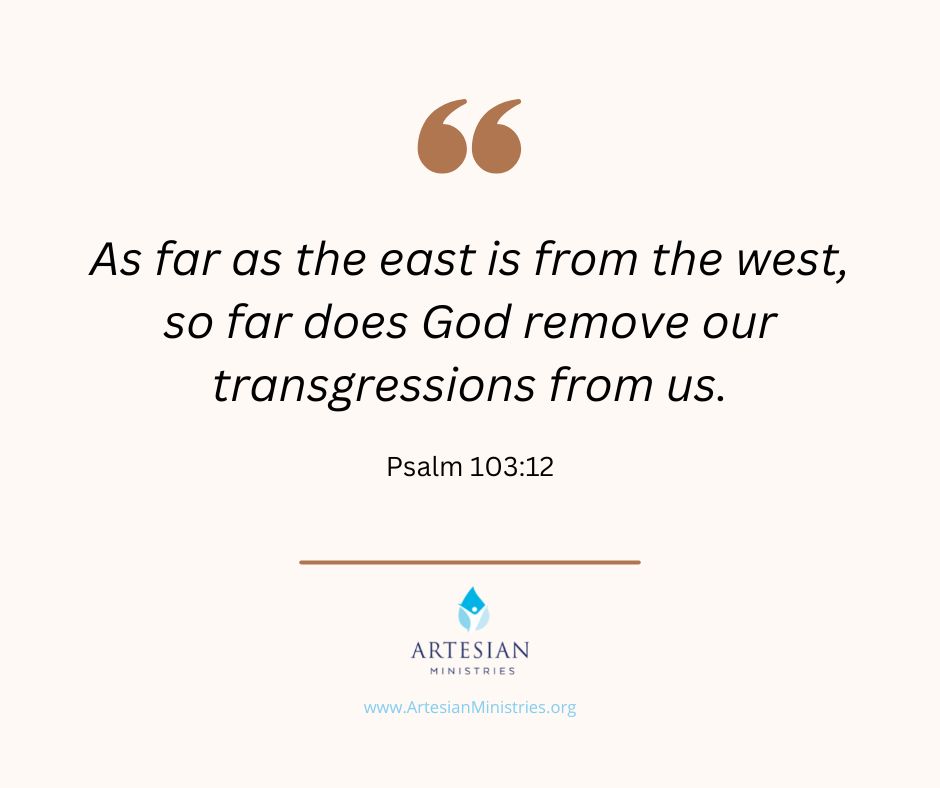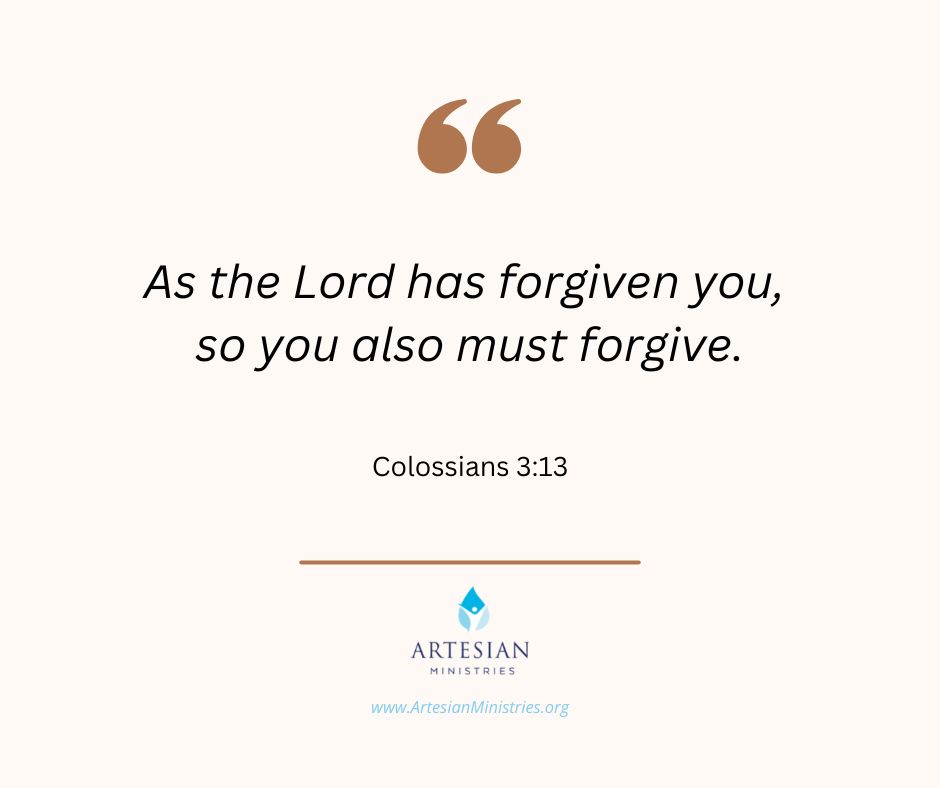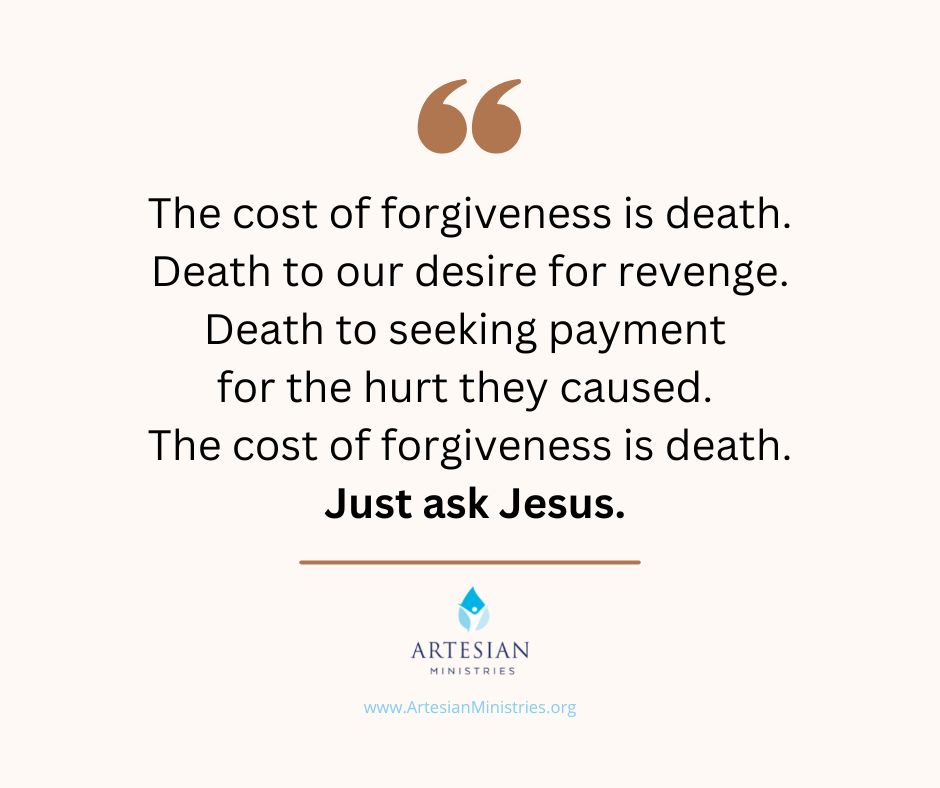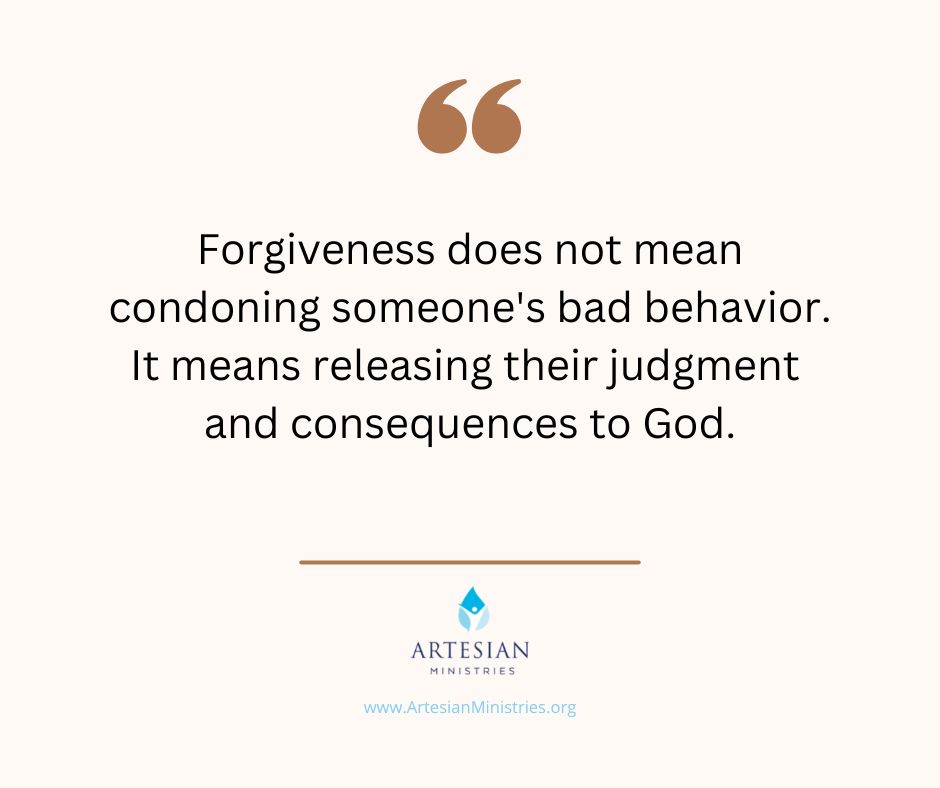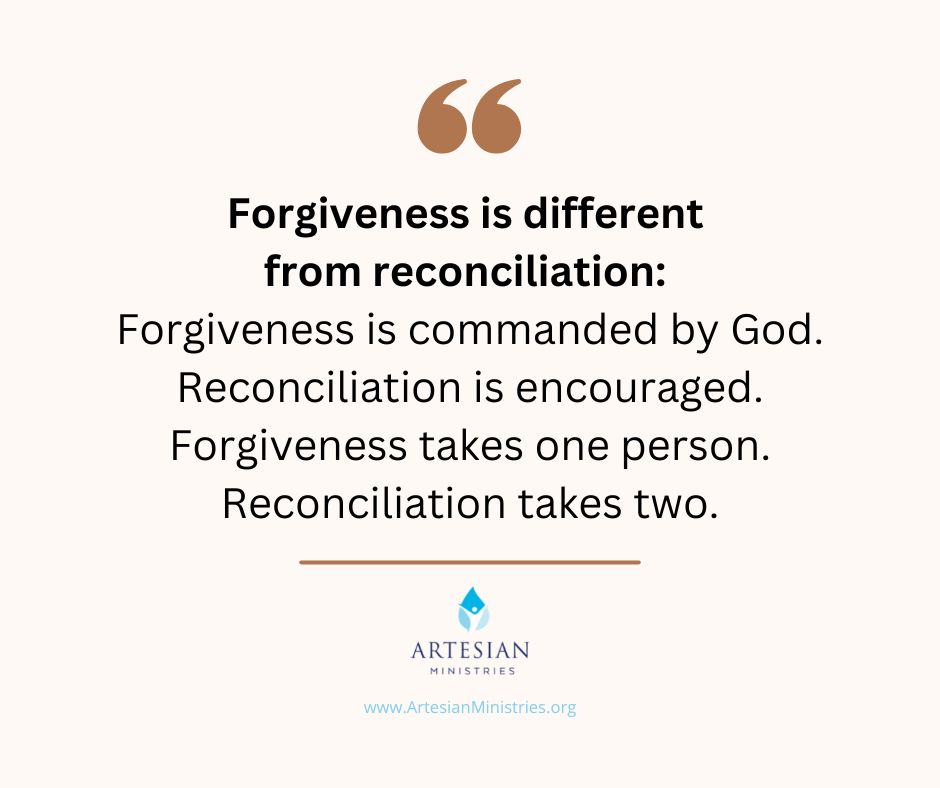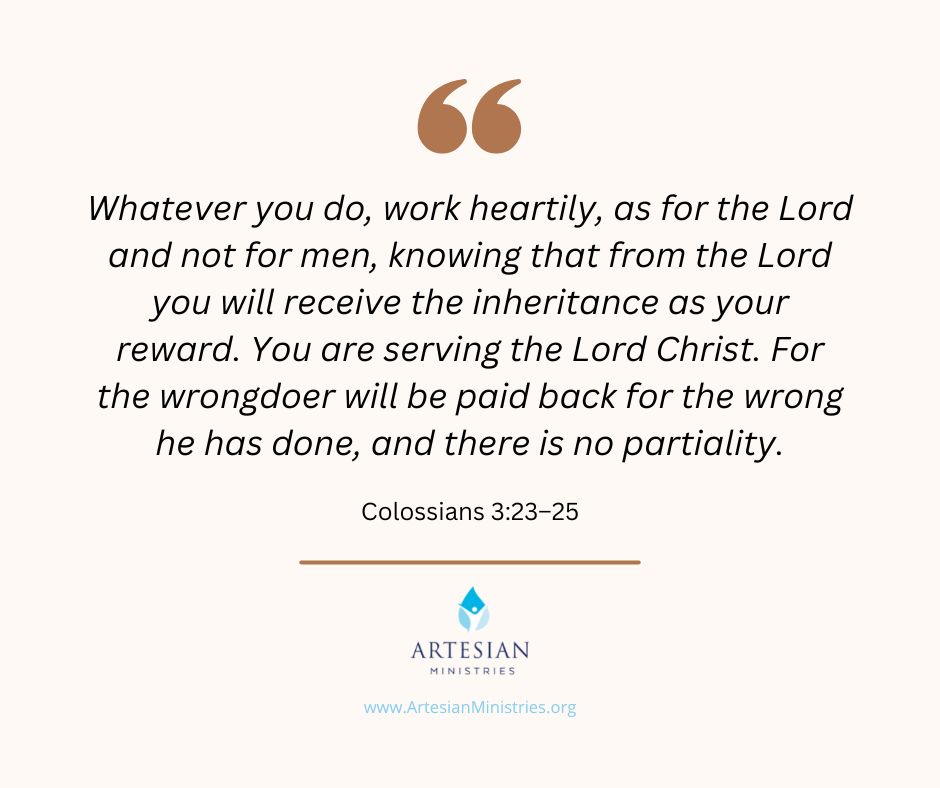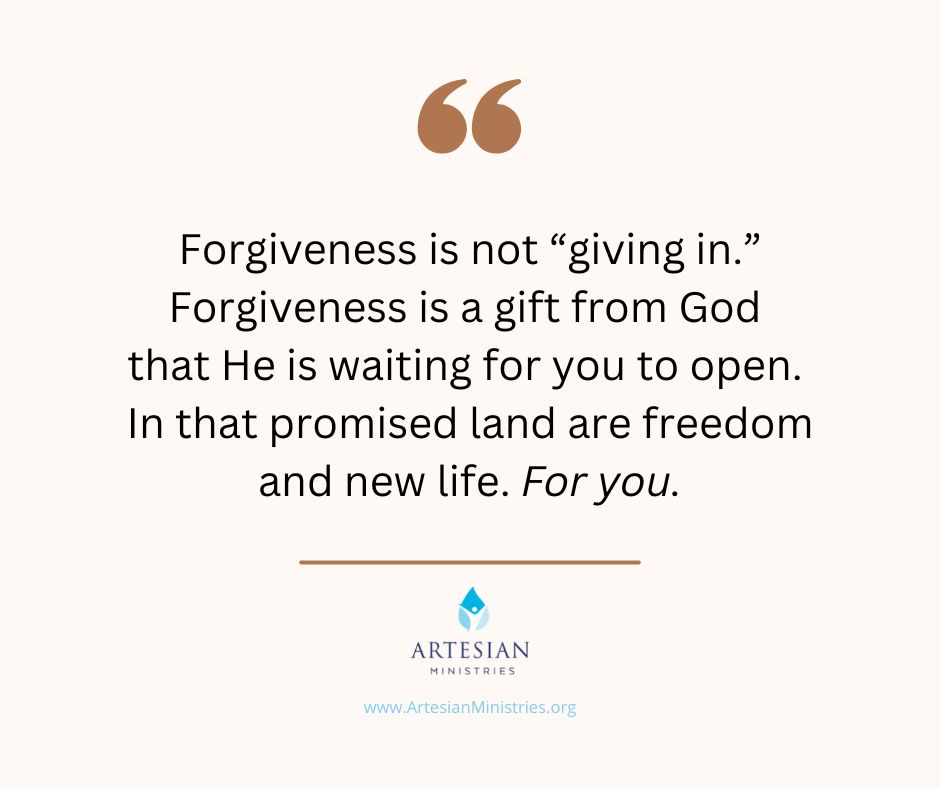Some people jeer at the mere mention of offering prayers of repentance. I used to be one of them. We tend to struggle with pride. And prideful people do not like to admit we’re wrong.
Yet here is the truth as Christ-followers: God’s forgiveness, mercy, and grace are freely extended to everyone who comes to Him with genuine repentance. The Bible calls it a “contrite heart.” God wants to hear our prayers, including that daily hard prayer of repentance.
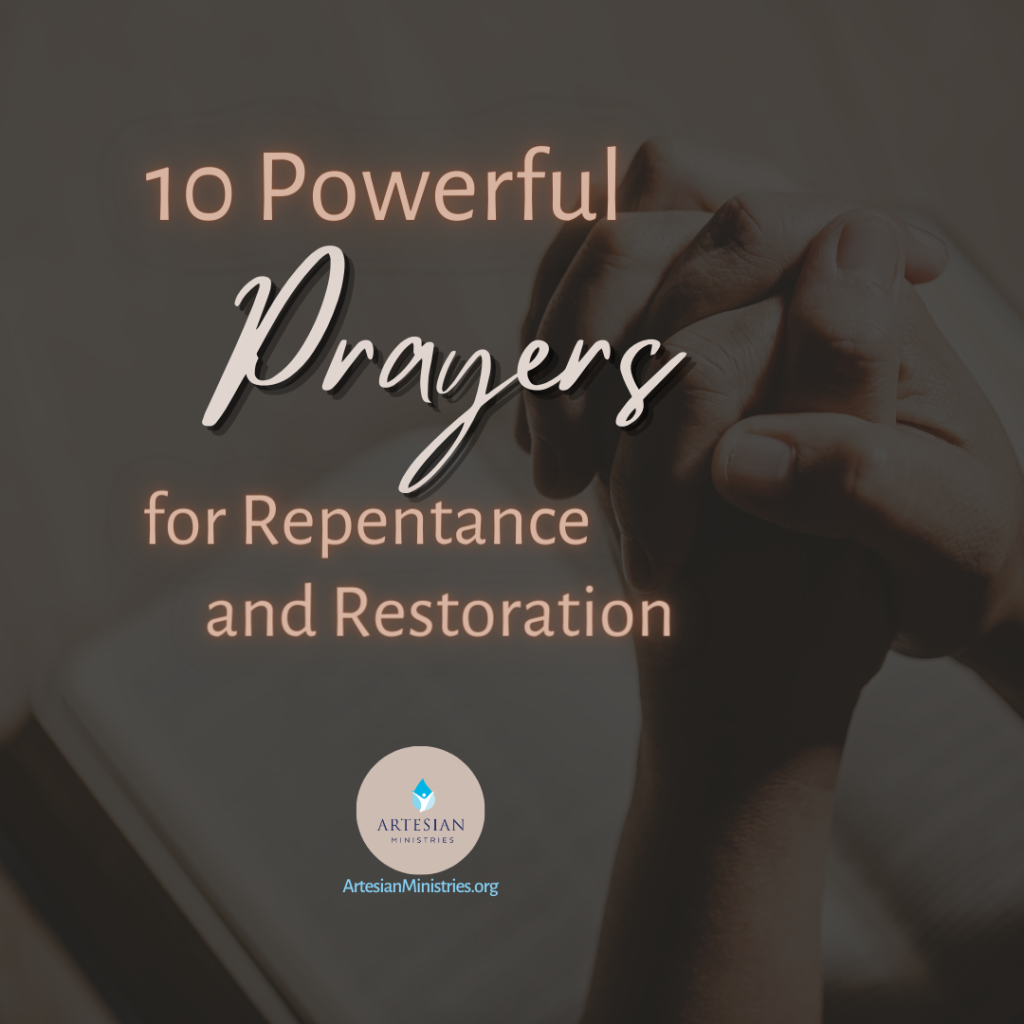
Contents
What is Repentance?
The plain definition of repentance is “deep sorrow, compunction, or contrition for a past sin, wrongdoing.” So true repentance begins as a posture of our heart. The key ingredient is the power of the Holy Spirit, who convicts you with godly grief.
Nothing hinders your prayers and intimacy with the Lord like unconfessed sin. I keep a journal of things I confess so that I can see how God is changing my heart and life.
Getting Real
It is vital to keep a short account of your secret sins (and public ones) to maintain a right spirit of sincere repentance. As soon as you become aware of a sinful attitude or blatant sin, don’t wait to lay it out before God.
The longer you hold on to a destructive path of sin, a harsh tongue, or wicked ways, the longer you delay God’s abundant mercy to cleanse you.
His steadfast love means that it is your heavenly Father’s good pleasure to give you a clean heart once again. Making your prayer life a way of life brings endless times of refreshing from God’s grace.

What’s the Point?
Repentance has two primary purposes: (1) to acknowledge your sins, and (2) to invite you into deep examination of your choices and path of righteousness.
In repentance, you seek God’s forgiveness of sins and confess any evil way hidden in your heart. You may come to God with a broken spirit, but you receive His great mercy, forgiveness, and unconditional love.
In his 95 Theses, repentance was the very first item on Martin Luther’s list: “When our Lord and Master Jesus Christ said, ‘Repent’ [Matthew 4:17], he willed the entire life of believers to be one of repentance.” In fact, items 2 and 3 of Luther’s 95 Theses were also about repentance. Repentance was so important that it occupied the top three spots on his list.
The point of repentance is not to constantly remind yourself of how bad you are. Repentance humbles you to acknowledge God alone as sovereign over your life.
As you confess your sins, the act of repentance reminds you of the incredible goodness of your merciful God as He wipes the slate clean once again. God’s help and great love poured over you through the blood of Jesus are all the help you need.

10 Powerful Prayers of Repentance
Each repentance prayer begins with God’s Word for a biblical foundation. Let’s run into the open arms of our dear Lord.
Prayer #1
1 John 1:19 – “If we confess our sins, he is faithful and just to forgive us our sins and to cleanse us from all unrighteousness.”
Prayer: Lord Jesus Christ, I confess my sinful nature and longing after the things of this world. I have sinned against you in thought, word, and deed, by what I have done and by what I have left undone. I have not loved You with my whole heart; I have not loved my neighbors as myself. Guide me, O Lord, along the right path all the days of my life. For the sake of Your Son, Jesus Christ, have mercy on me. Forgive me, renew me, and lead me, so that I may delight in Your will and walk in Your ways to the glory of Your holy name. In Jesus’ name, Amen.

Prayer #2
Psalm 51:1-2 – “Have mercy on me, O God, according to Your steadfast love; according to Your abundant mercy blot out my transgressions. Wash me thoroughly from my iniquity, and cleanse me from my sin.“
Prayer (directly from Psalm 51:3-4, 7-10): “For I know my transgressions and my sin is ever before me. Against You, You only, have I sinned and done what is evil in Your sight, so that You may be justified in Your words and blameless in Your judgment. Purge me with hyssop, and I shall be clean; wash me, and I shall be whiter than snow. Let me hear joy and gladness; let the bones that You have broken rejoice. Hide Your face from my sins, and blot out all my iniquities. Create in me a clean heart, O God, and renew a right spirit within me.”

Prayer #3
Psalm 19:14 – “Let the words of my mouth and the meditation of my heart be acceptable in your sight, O Lord, my rock and my redeemer.”
Prayer: Dear God, right now I cannot even discern the errors in my thoughts or ungodly intentions of my heart. But You see my inward being. Only You can see the truth in my secret heart. Cleanse me from any faults that I cannot see because You are a forgiving God. I confess and repent of those sins that I have intentionally committed. Free me from anything in my life that hinders my walk with You. Restore to me the joy of Your salvation in the name of Jesus Christ. Amen.

Prayer #4
James 4:8-10 – “Draw near to God, and he will draw near to you. Cleanse your hands, you sinners, and purify your hearts, you double-minded. Be wretched and mourn and weep. Let your laughter be turned to mourning and your joy to gloom. Humble yourselves before the Lord, and he will exalt you.”
Prayer: Lord God, what hope You give me in those words! I long to draw near to you, but my unconfessed sin stands in the way. I confess my sins to you right now and repent with sorrow. Bring a fresh awareness of the seriousness of my sin and how it separates me from You. My sin has caused that distance and I confess it now. I pray that Your mighty name be exalted in my life. Thank you for drawing near to me when I continuously pull away from You.
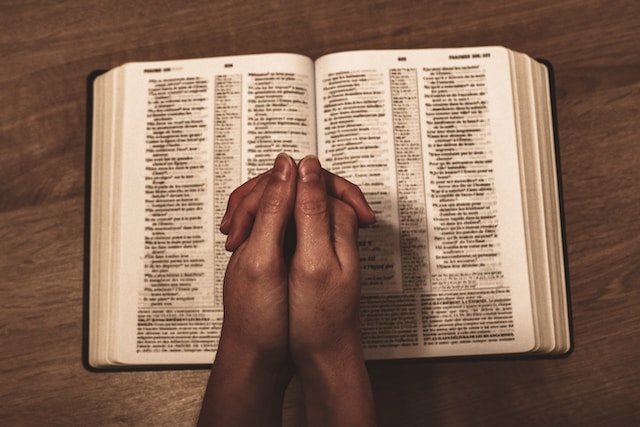
Prayer #5
2 Chronicles 7:14 – “If my people who are called by my name humble themselves, and pray and seek my face and turn from their wicked ways, then I will hear from heaven and will forgive their sin and heal their land.”
Prayer: Dear Lord, each day I am surrounded by the sins of the world – and that includes pride. I have allowed pride to keep me from humbling myself before You. This world does not celebrate humbleness, but You honor it. Father, turn my face toward You. Cleanse me of pride and anything else that keeps me from seeking You. I pray that Your good things continuously show me a better way to live a new life centered on You.

Prayer #6
Matthew 6:9-13 – “Our Father in heaven, hallowed be Your name. Your kingdom come, Your will be done, on earth as it is in heaven. Give us this day our daily bread, and forgive us our debts, as we also have forgiven our debtors. And lead us not into temptation, but deliver us from evil.”
Prayer: O God of my salvation, the “Lord’s prayer” that Christ Jesus taught the disciples demonstrates how You long for us to live free of guilt, sin, and unforgiveness. I confess my sins to you now, Father. Give me the tenacity and strength to mourn over and repent of my sin to continuously turn my heart toward You. Thank you for running after this prodigal son every single time.

Prayer #7
Joel 2:12 – “Yet even now,” declares the Lord, “return to me with all your heart, with fasting, with weeping, and with mourning.”
Prayer: Dear Lord, I confess that I have put my agenda ahead of Yours. I have trusted my timing instead of Yours. I have trusted my own cleverness rather than leaned into Your holiness. And have not lived in a way that shows the glory of God in my life. Purify my heart, Lord. I ask for Your forgiveness. Set my feet on the right path that leads to the kingdom of heaven and intimacy with You.

Prayer #8
2 Peter 3:9 - “The Lord is not slow to fulfill his promise as some count slowness, but is patient toward you, not wishing that any should perish, but that all should reach repentance.”
Prayer: Lord God, You could condemn the whole world, including me, at this very moment. Yet You want us to live eternally with You rather than perish in our sin. Father, I repent of my sins whether I know about them or I am blind to them. I find that repentance is painful, but my sorrow is a gift of Your grace that draws me closer to You. Thank you for loving me so much.

Prayer #9
9) Acts 3:19 – “Repent, then, and turn to God, so that your sins may be wiped out, that times of refreshing may come from the Lord.”
Prayer: Dear Lord, what hope this verse brings! You promise that when I repent You faithfully wipe out my sins and refresh me in the Lord. I confess my sins, whether known or unknown, and am heartily sorry for them. I humbly ask for Your forgiveness and desire for You alone to put my feet on the right path each day. Keep the Word of the Lord alive in my heart as I follow You all the days of my life.

Prayer #10
10) 2 Corinthians 7:9-10a – “As it is, I rejoice, not because you were grieved, but because you were grieved into repenting. For you felt a godly grief, so that you suffered no loss through us. For godly grief produces a repentance that leads to salvation without regret.“
Prayer: Father God, thank you for working in me godly grief that produces true repentance that leads to eternal life. It is easy to follow the wrong path of worldly repentance where I’m only sorry that I got caught. Continue to give me a willing spirit toward good deeds and serving others in Your glorious name. My specific prayer is that you remove every thought or intention of my heart that does not draw me closer to You.

Worldly Sorrow vs. Godly Sorrow
The Apostle Paul talks about godly grief and worldly grief (both known as sorrow). It is important to recognize the difference between these two kinds of repentance to determine whether you are offering genuine repentance – whether to God and another person.
Worldly Sorrow
Worldly sorrow tends to focus on regret over the consequences of behavior. It says, “I’m sorry I got caught. I’m sorry I have to face the consequences for what I did.” It is sorrow over the consequences you face instead of sorrow over the hurt you have inflicted.
Worldly sorrow is self-centered; it focuses on the suffering of “poor little me” as you face the consequences of your actions. It says, “Yes, I did that, but now nobody trusts me anymore. Everybody’s talking about me. Everybody’s mad at me.” Me is a key word with worldly sorrow.
“Worldly grief produces death” (2 Corinthians 7:10b).

Godly Sorrow
Godly sorrow says, “I’m sorry for who I’ve become. I’m sorry that I’ve become so deceptive and dishonest. I’m sorry for how my behaviors have hurt you and destroyed our relationship.” Do you see the difference?
Godly sorrow owns up to the sin and focuses on how to repair the damage, inviting repentance and restitution. That’s why the Bible says godly sorrow leads to salvation and freedom.
A person who exhibits godly sorrow is determined to walk away from the behavior and move toward repairing the damaged relationship.
I wrote an entire Bible study about forgiveness because it is vital to keep our hearts moldable in God’s hands. Godly sorrow is key.

God’s Mercy
In His great mercy, God did not dismiss your sins as inconsequential. Rather, He added them to the weight of sin His Son bore on the cross for you, and He remembers them no more.
When you separate God from vengeance and justice, the cross becomes superfluous. And the cross is anything but superfluous.
“But God, being rich in mercy, because of the great love with which He loved us, even when we were dead in our trespasses, made us alive together with Christ—by grace you have been saved.” (Ephesians 2:4-5).
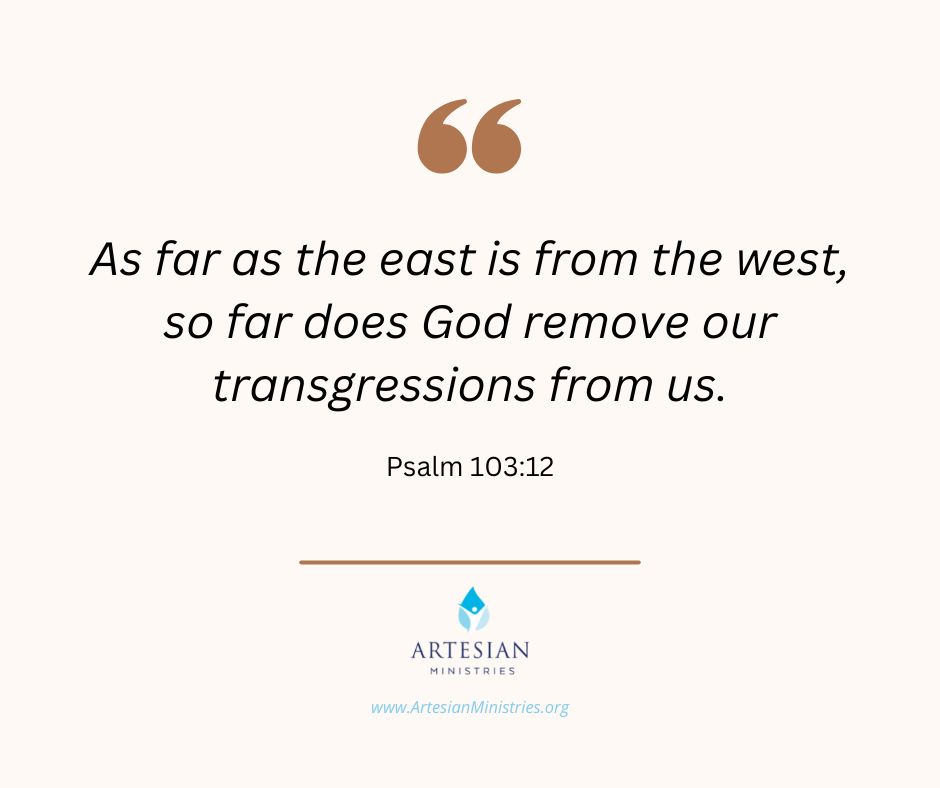
It is easy to spend your days pointing out other people’s sins and shortcomings. Spending time asking God to search your heart to convict you of your sin keeps you humble.
As a child of God, following God’s commandments and seeking the will of God are cornerstones to intimacy with Him.
If you have a hard time confessing sins, remember that His great compassion and love always welcome you into the presence of the Lord. God’s plan for your life is perfect. Lean in!
Related Posts:
- Best Bible Reading Plans
- Best Christian Prayer Room Ideas to Strengthen Faith
- 50 Motivational Bible Verses About Aging Gracefully
About the Author
Donna is a sought-after author, speaker, and Bible teacher. Her path from being unchurched to becoming passionate about sharing Jesus was not easy. Read her God-breathed journey: “From Unchurched to Becoming a Multi-Published Author and Sought-After Speaker.” If you want to send Donna a quick message, then visit her here.
{Some of these links are affiliate links. This means if you make a purchase through that link, the ministry may receive a small commission at no extra cost to you. Thank you for your support!}

